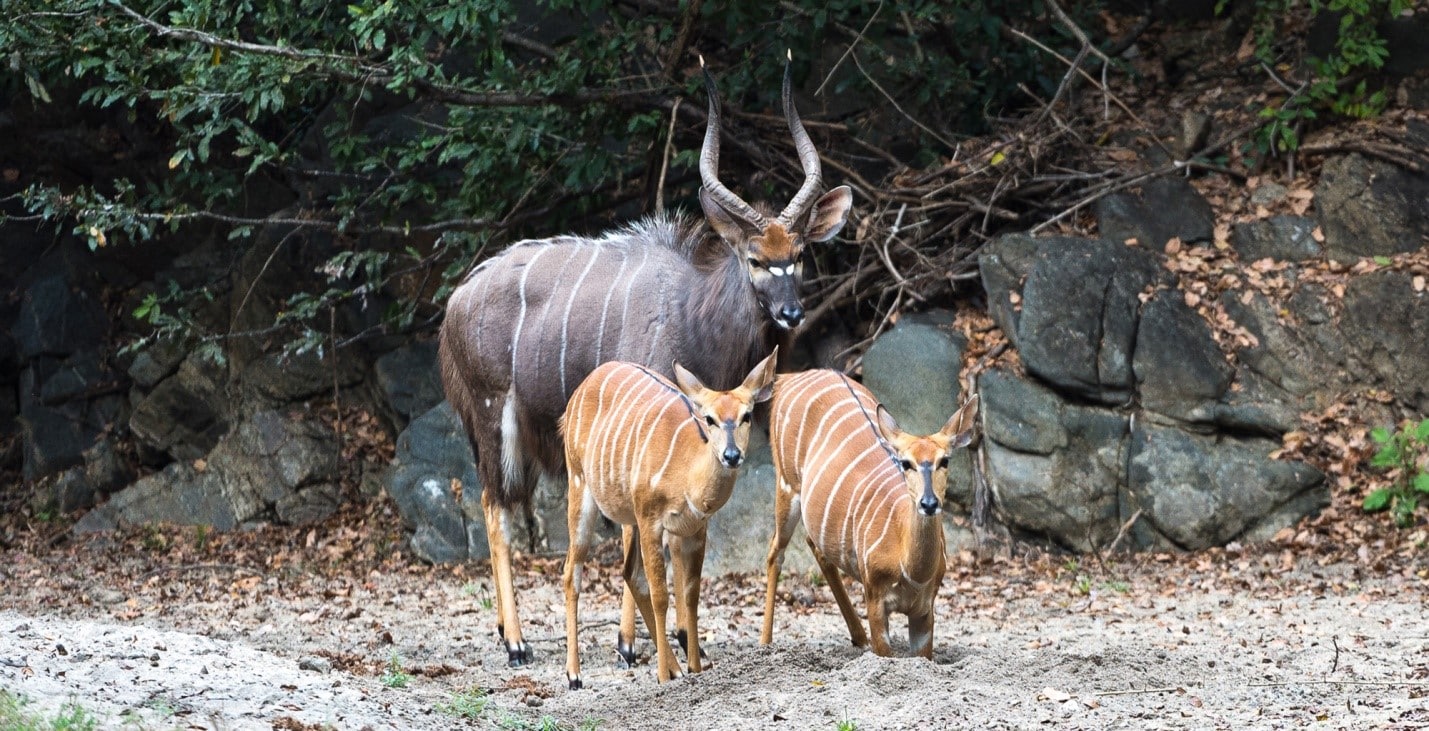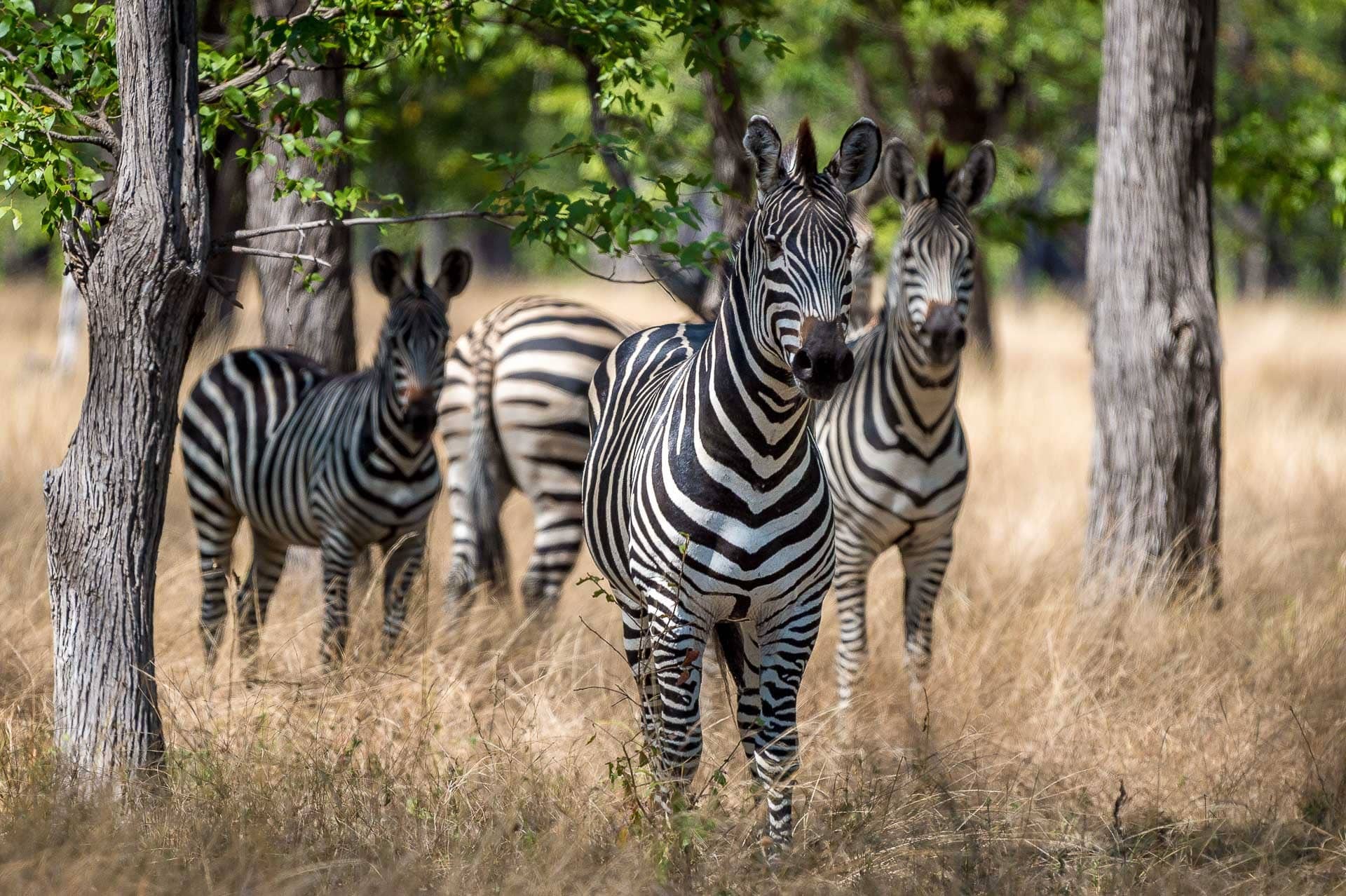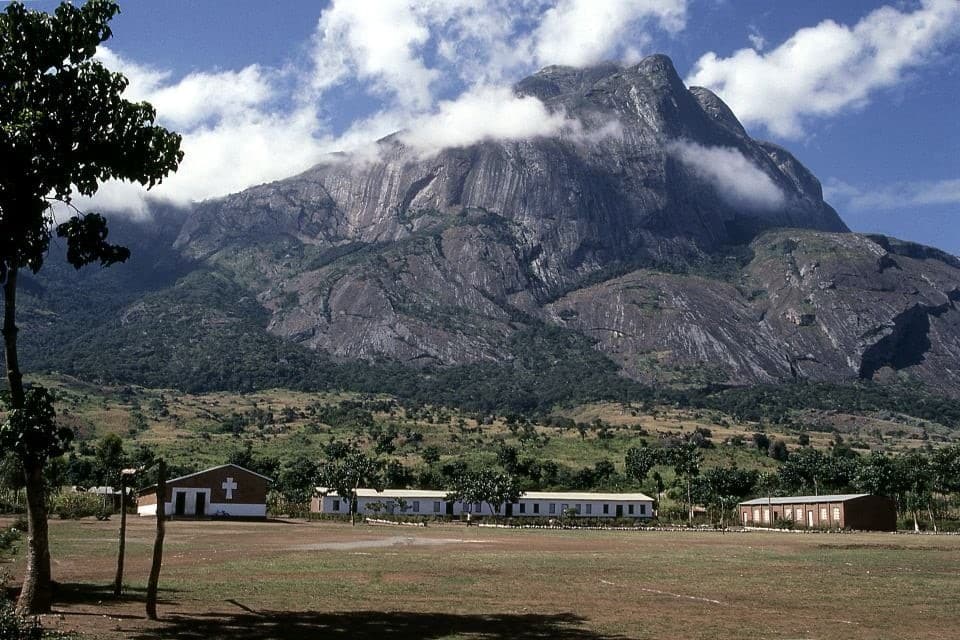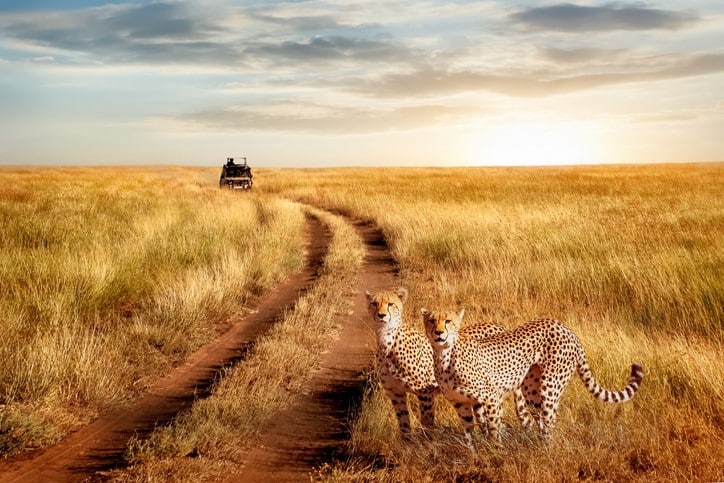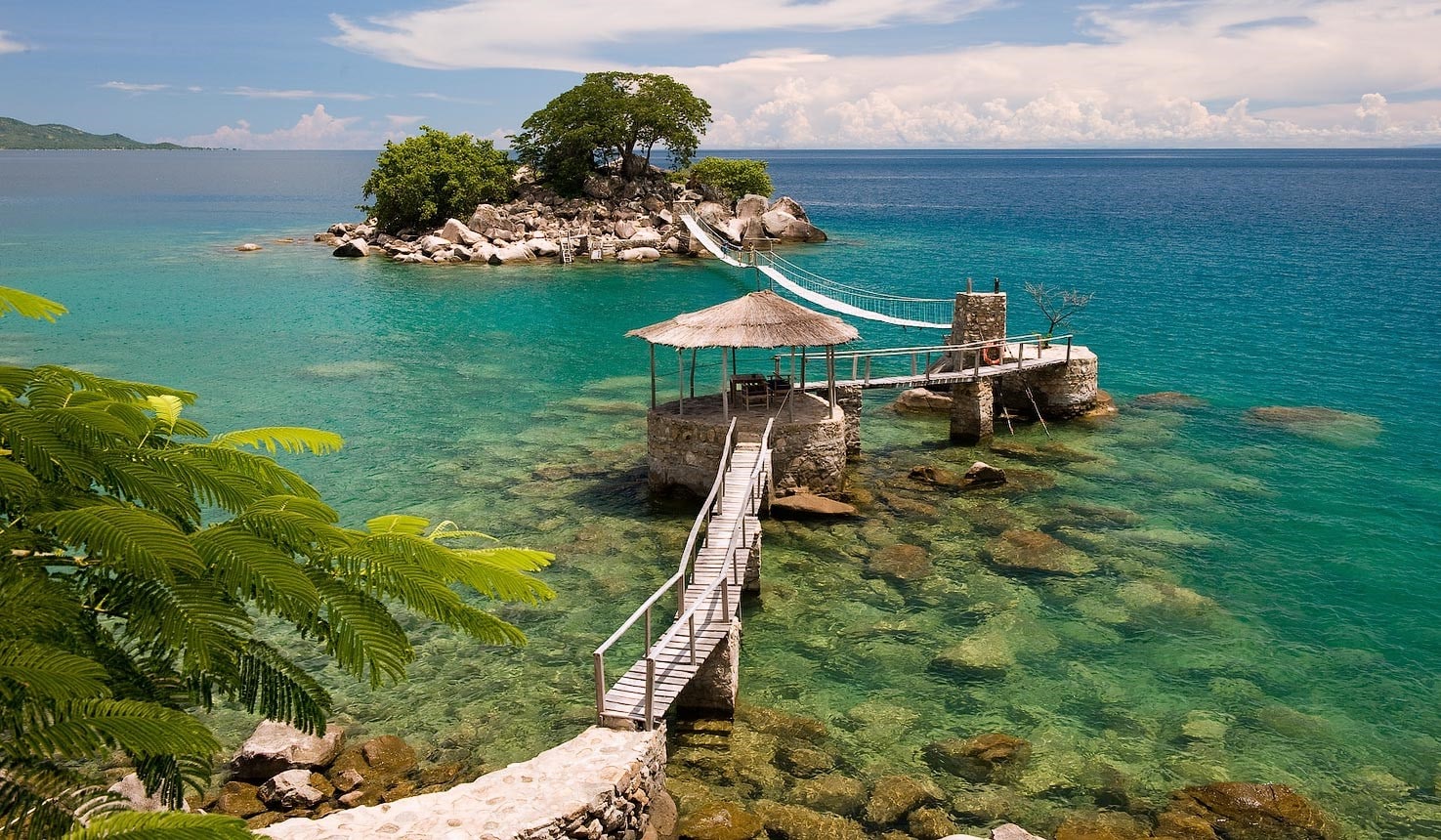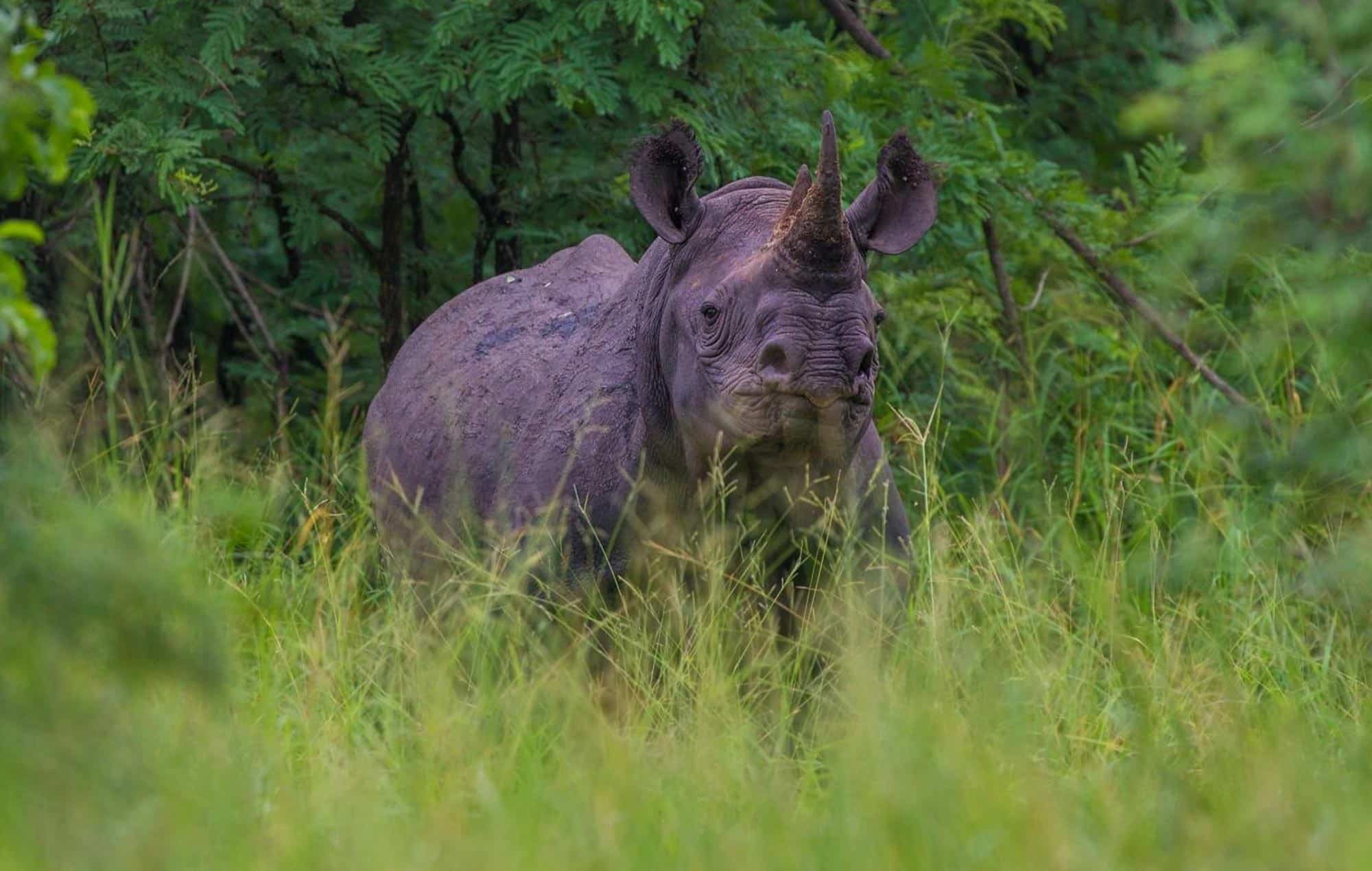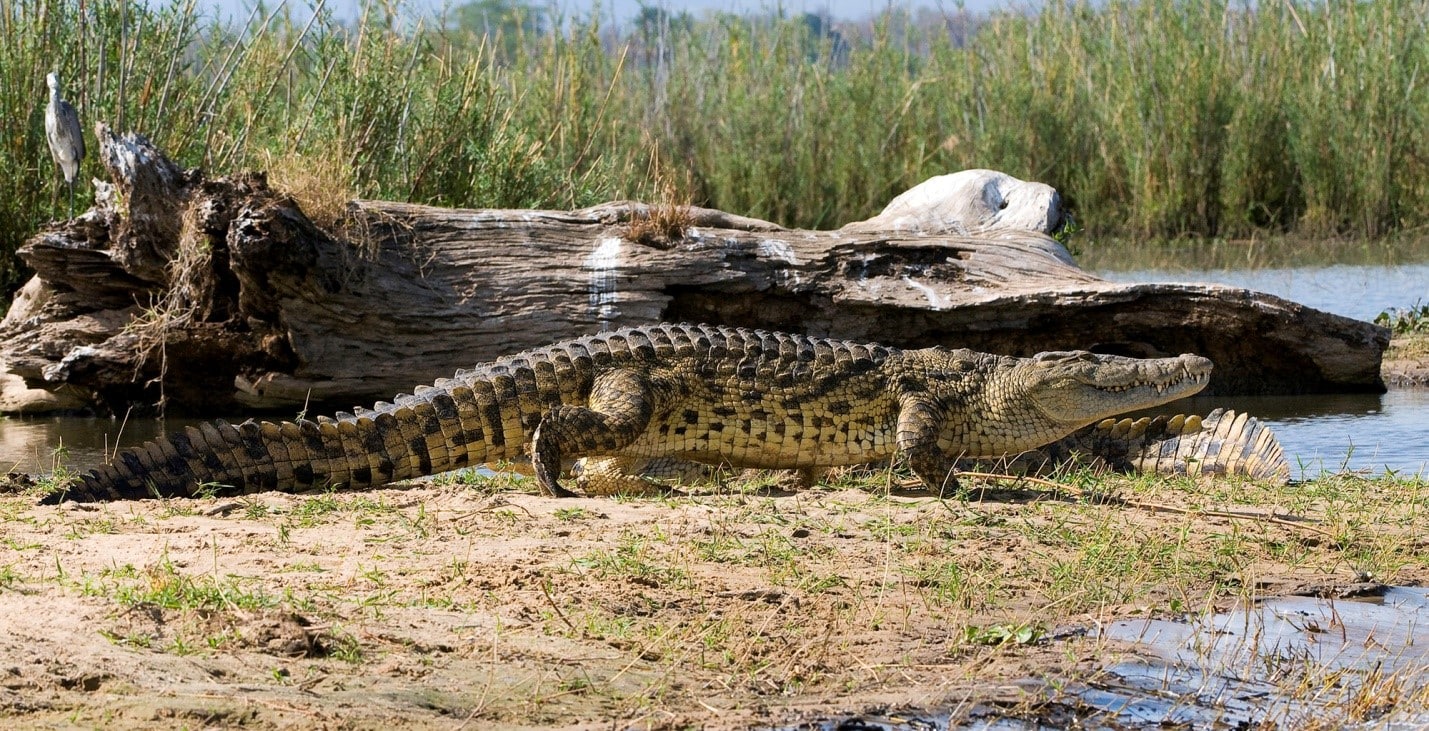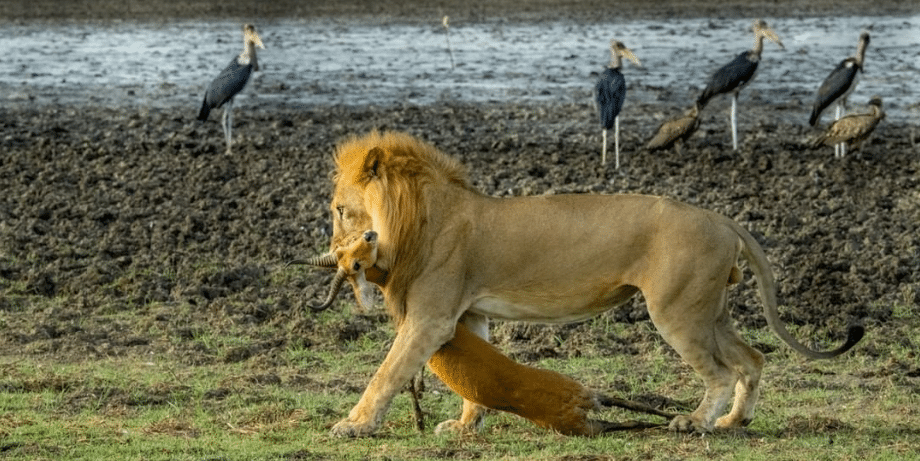Over 650 known species of birds have been found in the various landscapes of Malawi, which is home to a large variety of birds. The majority of the bird species are found in grasslands or woodlands, such as the Livingstone flycatcher, red-winged francolin, and the unique Lillian’s lovebird.
Waterbirds including fish eagles, hamerkops, kingfishers, egrets, and pelicans are drawn to Lake Malawi as well as the rivers and dams in Malawi. The diversity of birdlife is increased by raptors including the peregrine falcon, black-breasted snake eagle, and African marsh harrier.
The enormous freshwater One of the most picturesque lakes in the world, Lake Malawi is nestled amid majestic mountains in a tropical setting. The lake is renowned for its welcoming residents, fresh fish, sand beaches, and good diving in addition to its warm waters.
Over 500 kilometers of the lake’s crystal-clear waters extend along eastern Malawi, forming the majority of the border between Malawi and Tanzania’s and Mozambique’s wild coasts. The body of water, also called Lake Nyasa, is located in Malawi’s Great Rift Valley. Malawians rely heavily on the fish found in its waters, especially the chambo and the Kampango, a sizable catfish.
The tropical waters of Lake Malawi are home to a variety of colorful species, making it a great place to go snorkeling and scuba diving. The lake also has white, sandy beaches that are palm tree-lined and perfect for lounging. Dive, snorkel, waterski, sail, and kayak are just a few of the water sports that may be done at Lake Malawi. There are an unusually large number of fish species in the lake, including numerous endemic species. Among the hundreds of indigenous species that live in Lake Malawi, the cichlid fish species are of particular importance.
The best game drive in Malawi may be found at Liwonde National Park, which also boasts some of the most breathtaking scenery. Liwonde National Park, which is situated in the southern part of Malawi along the Upper Shire River, is the nation’s oldest park. One of Malawi’s greatest populations of elephants may be found in Liwonde Park, where they can regularly be seen along with hippopotamuses, zebras, antelopes, and crocodiles at the river’s side.
High populations of sable antelope, kudu, duiker, and oribi, as well as warthogs, can be found in the park. Liwonde is also home to antelope, waterbuck, reedbuck, and, with luck, lions and leopards. After reintroducing two black rhinos into the wild, the park operates a rhino breeding program. There are several different types of weavers and bishops, as well as the African Fish Eagle, jacana, white-bellied cormorant, palm-nut vultures, Western Banded Eagles, Brown Snake Eagles, and jacana. Along with Carmine and Boehm’s Bee-eaters, the rare Lilian’s lovebird may also be found at Liwonde. Excellent lodging choices, night game drives, and boat tours for viewing wildlife are all available to visitors at Liwonde National Park.
The Dzalanyama Forest Reserve is made up of escarpments and high, forested hills that are home to a variety of animals, including baboons, duikers, hyenas, leopards, and occasional sable antelope. With over 300 different bird species, including the African Citril, Hilderbrandt’s Francolin, and White-tailed Blue-flycatcher, the Dzalanyama Forest is most renowned for its abundant wildlife. Other bird species include the Bar-tailed Trogon, Eastern Double-collared Sunbird, Miombo Pied Barbet, Woodland Pipit, Central Bearded Scrub-Robin, and Stripe-breasted Canary. The Dzalanyama Reserve is a great place to go bird watching, go trekking, or just relax and take in the scenery as it runs along the watershed between Malawi and Mozambique.
Your days on a Lake Malawi Tour are usually spent lounging on the sand beaches that line the lake, swimming in the warm waters, or taking part in the various water activities that are available. The local fishermen catch fresh fish for you to eat using old-fashioned fishing methods, and if you’re feeling adventurous, you can even try paddling a canoe dug out of the ground. On dry land, activities like horseback riding, visiting a nearby school and community, and learning the bao game are all possible.

Speak to an expert who's is there
Start planning your trip by contacting one of our Uganda Safaris specialists
